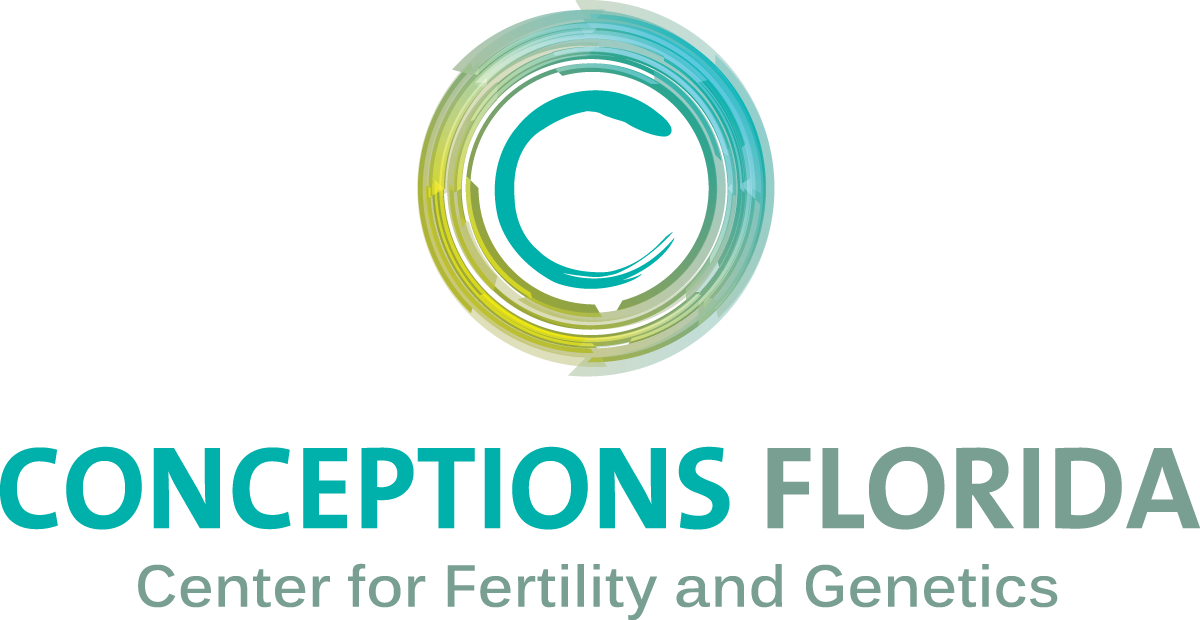September is Polycystic Ovary Syndrome Awareness Month! 30 days to bring awareness to symptoms and treatments and give hope for those with PCOS.
PCOS is a hormonal, reproductive disorder that affects 1 in 10 million women of childbearing age. The World Health Organizations estimates that 116 million women worldwide are affected by PCOS. The exact cause is multi-factorial with various environmental and genetic factors fostering its development.
The classic signs associated with PCOS include:
- weight gain
- acne
- irregular or non-existent periods
- excessive hair growth in unwanted places
- infertility
However, there is more to PCOS. Some interesting facts:
- Women with PCOS tend to gain weight in the abdominal area specifically. If your abdominal circumference is more than 35 inches (88 cm), it could be a sign you have PCOS.
- Women with PCOS sometimes develop a dark ring around their neck and creases of the skin, called acanthosis nigricans. This happens as a result of insulin resistance.
- There may be a male version of PCOS. Hormonal and metabolic abnormalities can sometimes be seen in male family members of women with PCOS. These men tend to be bald before the age of 35. They may also be at higher risk of type II diabetes, heart disease and benign prostate hyperplasia later in life.
Not every woman with PCOS has unwanted hair or irregular periods. So it is important to see a reproductive endocrinologist, aka a fertility specialist, to rule out other causes. There is no one single test for PCOS. Instead, PCOS is diagnosed based on your gynecological history, an ultrasound to count the baseline number of follicles on your ovaries, and a blood test to check your hormones, including AMH, thyroid and pituitary function.
While there is no cure for PCOS, it can be treated.
- Weight loss with a healthy lifestyle that includes a balanced diet and regular exercise can have a positive effect on the endocrine system, particularly in cases when a woman is overweight or obese.
- Birth control pulls can be prescribed to correct the hormone imbalance and lower the testosterone, generally improving acne and unwanted hair and regulating your period.
- Additionally, Metformin, a medication that helps regulate blood sugar is sometimes prescribed in conjunction with birth control pills or on its own for women who are diabetic or pre-diabetic.
If you are planning a family, there is good news! Women with PCOS tend to have a higher ovarian reserve, which means you may have a longer reproductive life and reach menopause later in life. Also, if you were to undergo IVF treatment, you may have a larger number of eggs harvested. As a fertility specialist, I see many women worried about their fertility potential because of a PCOS diagnosis. However, we have many treatment options and if you are not ovulating regularly due to PCOS and are not overweight, most of the time a healthy pregnancy can be achieved easily and inexpensively with an oral ovulation induction medication. Not sure if you have PCOS? Or have you been diagnosed and are having a hard time getting pregnant? Call our office to schedule an appointment.
By Dr. Sinem Karipcin. Dr. Karipcin is a Board certified Reproductive Endocrinology and Infertility Specialist, practicing at Conceptions Florida in Miami.




